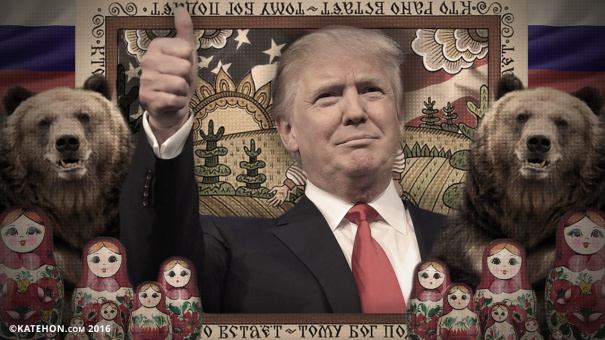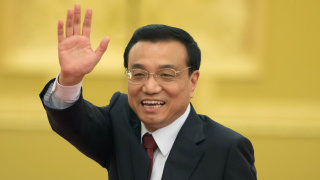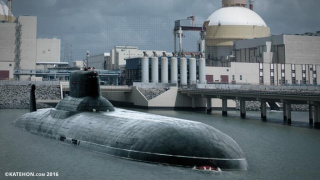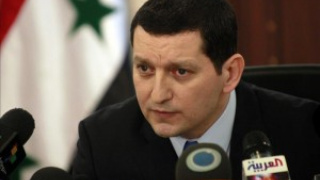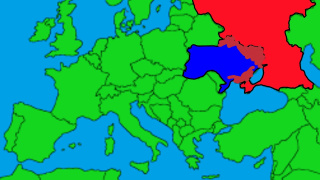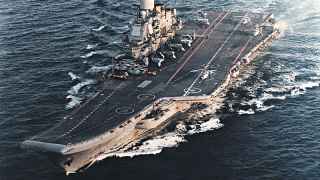After Kyrgyzstan, Chinese Premier Li Keqiang paid his visit to Kazakhstan, where he met with President Nursultan Nazarbayev.
The parties have agreed...
Reports about President Putin’s impending trip to Vietnam later this week drew fresh attention to this ASEAN member’s foreign policy after his plans...
Edition Hamburger Abendblatt reports that US President Donald Trump, as well as his team could not accommodate in a luxury hotel "Four Seasons" in...
The Indian nuclear weapons program particularly bares the imprint of cold war logics whereby the delivery platforms are almost organically linked to...
After talks in Astana Syrian opposition representatives have decided to come to Moscow. Russian Foreign Minister Sergei Lavrov will meet them in...
The Russian FSB averted terrorist acts in the Republic of Crimea that were being prepared by the Main Intelligence Directorate of the Ministry of...
The place of Ukraine in the geopolitical confrontation of Land and Sea has already been written about quite a lot and in some detail. Moreover, it is...
French President Francois Hollande said that the administration of new US President Trump poses “challenges” for Europe.
“There are challenges,...
Russian Aerospace Forces has begun a large operation against terrorist organizations such as ISIS and Jabhat Fateh al-Sham in the Syrian provinces of...
Google hides ‘Clinton body count’ from search engine
Google has altered its search algorithm to prevent searches for “Clinton body count” from auto-...
The European Parliament has just adopted a resolution which requires that the Union stop considering Russia as a strategic partner, but rather as an...
Talk show with Alexander Dugin on political ideas, globalism and Russia
